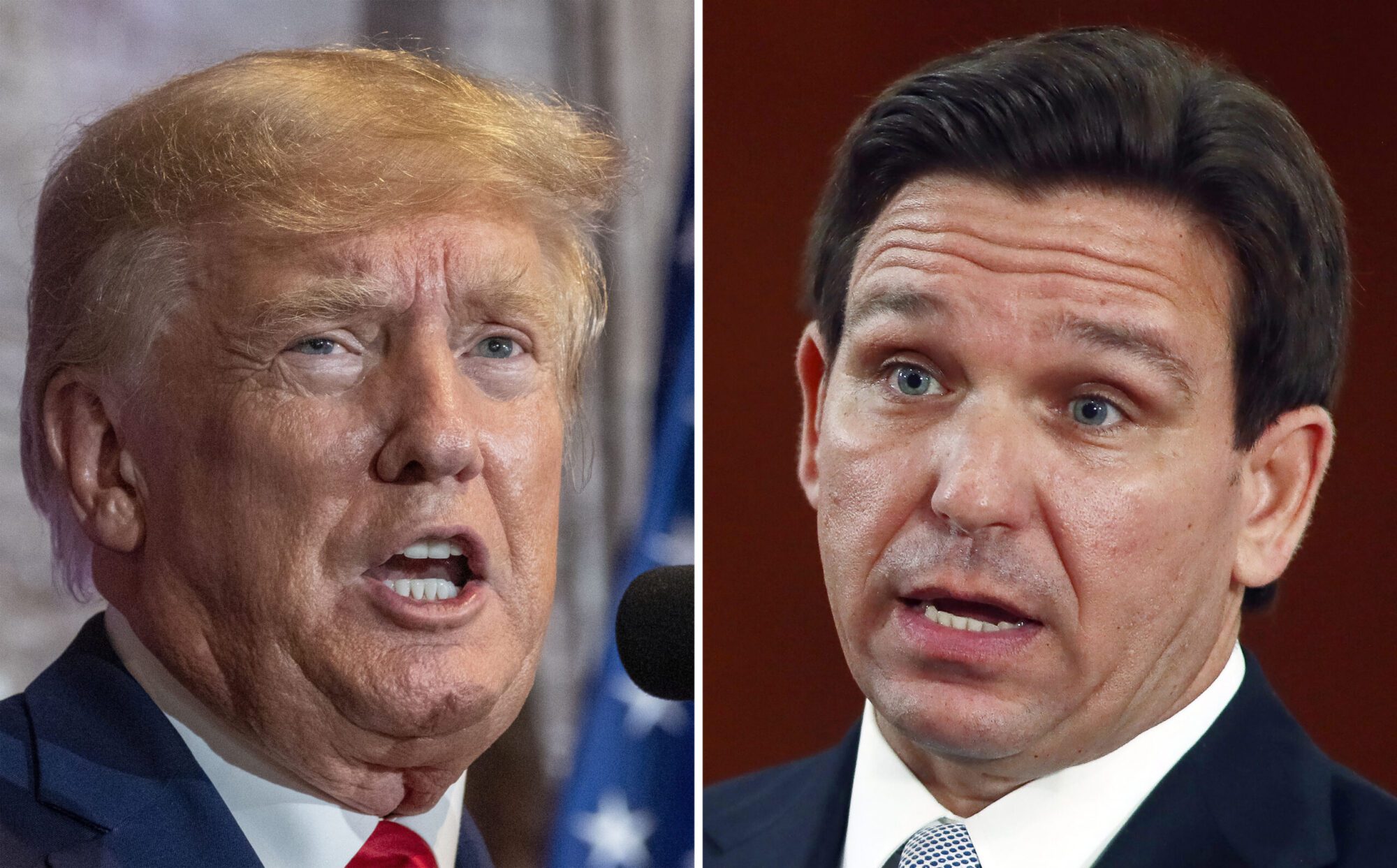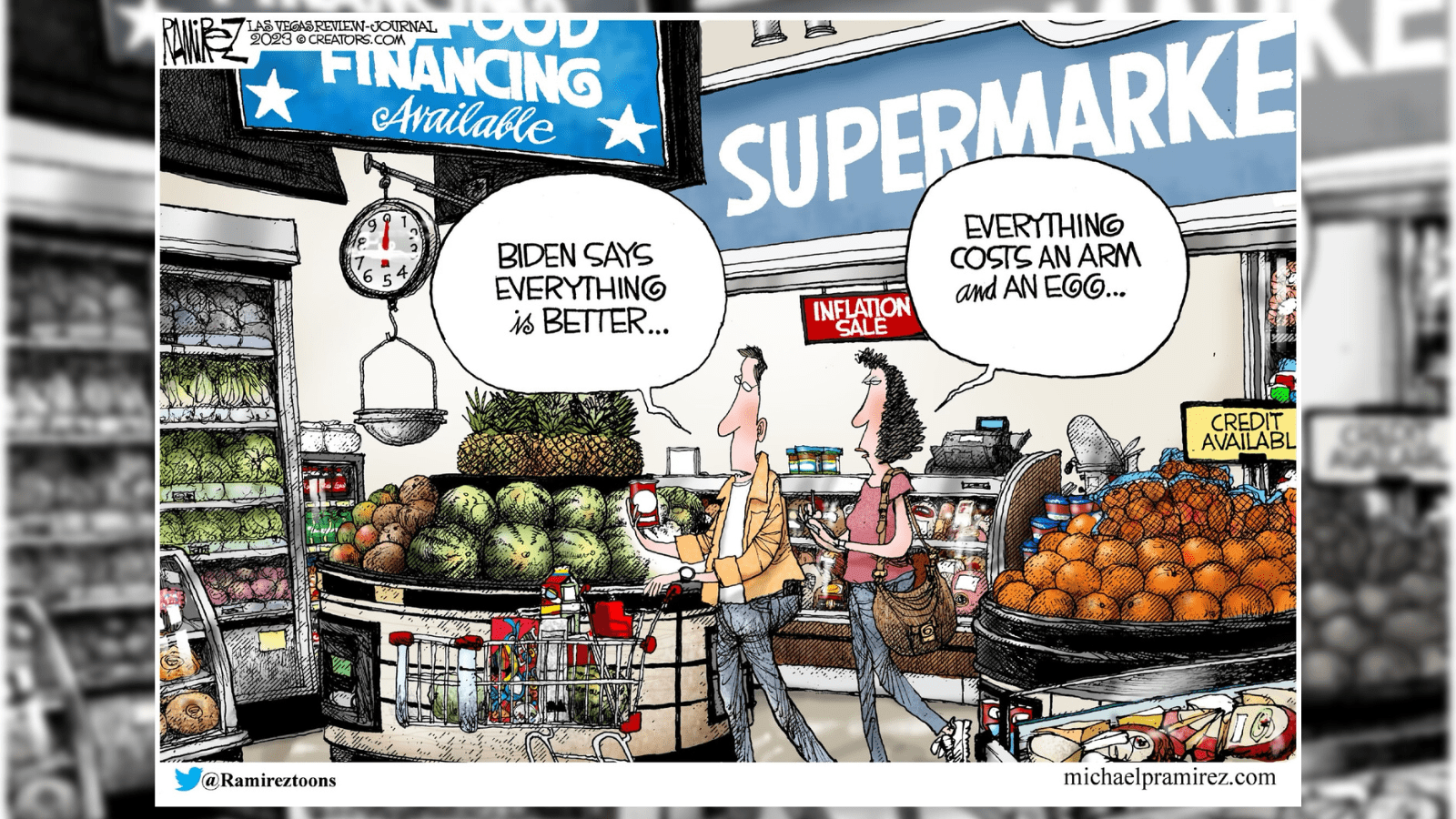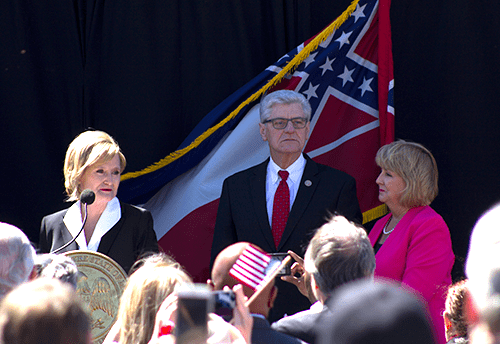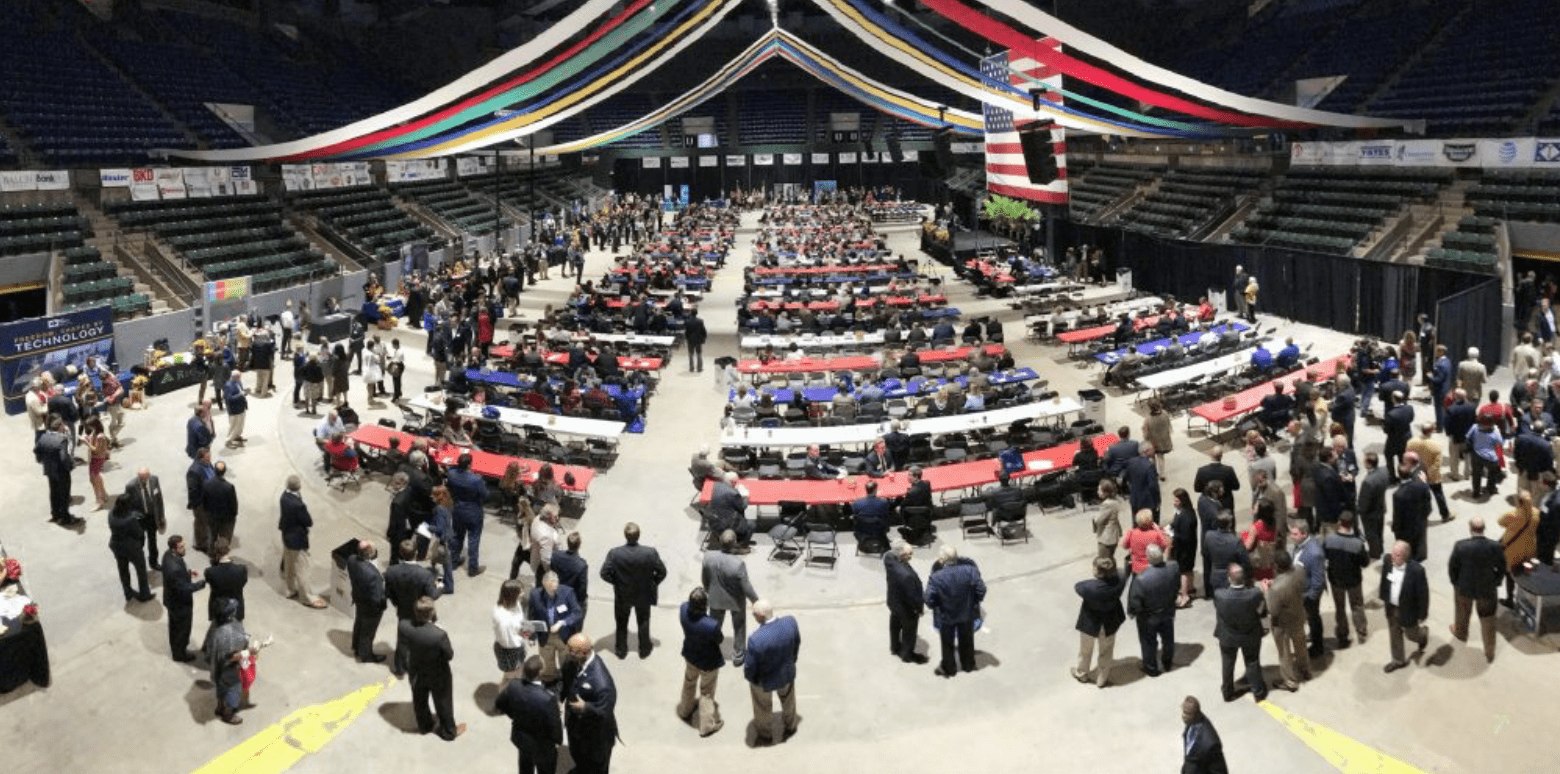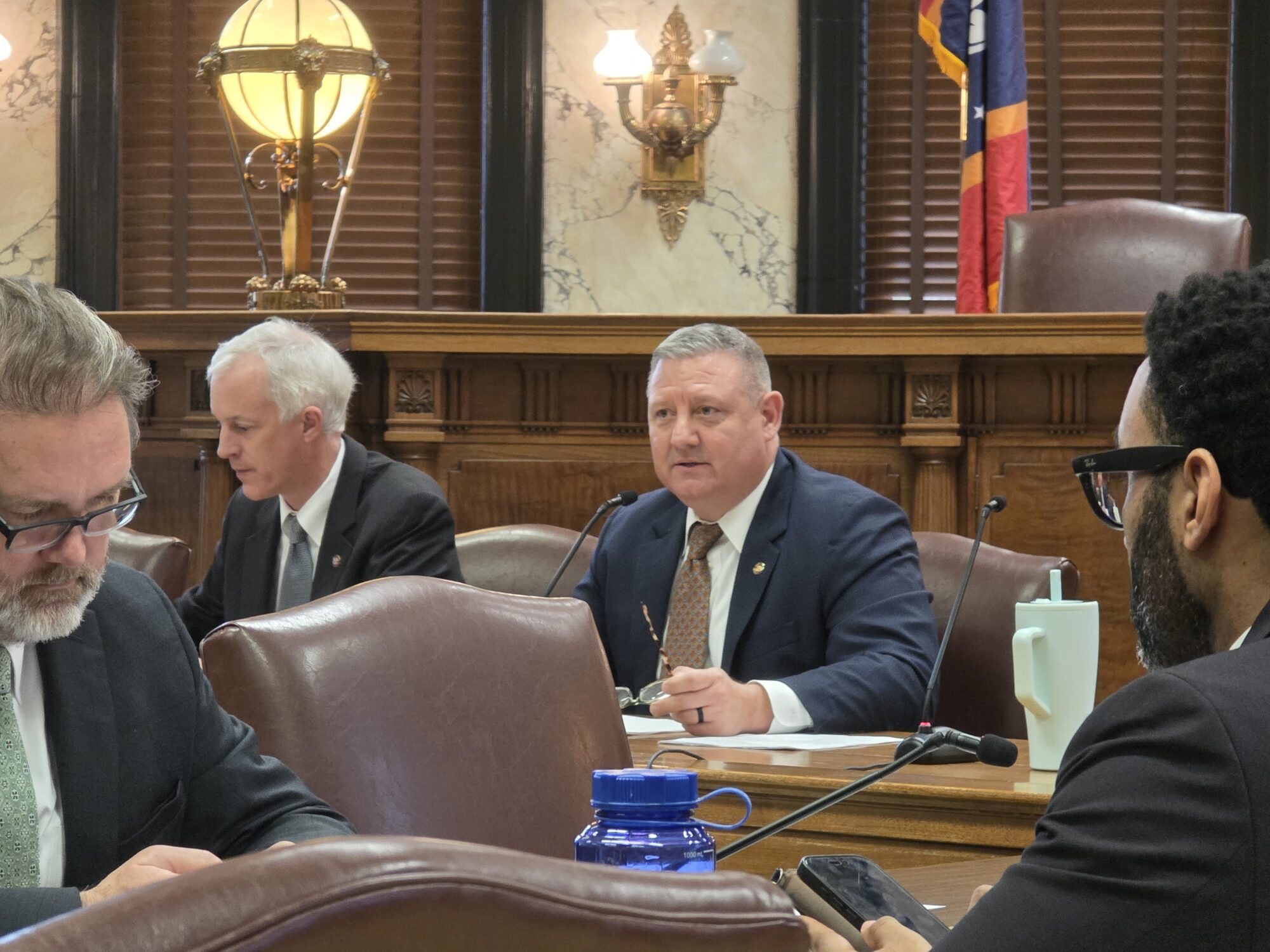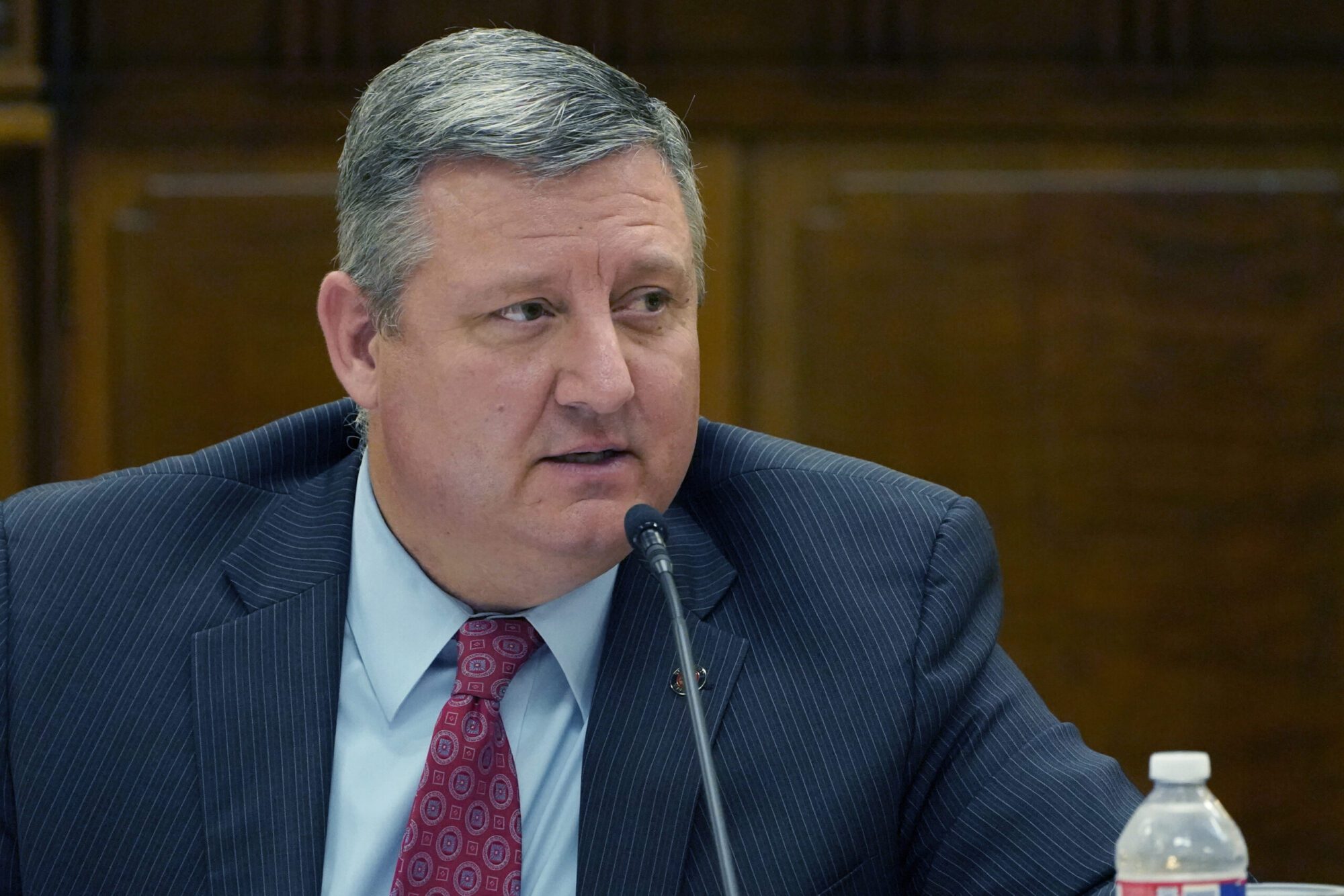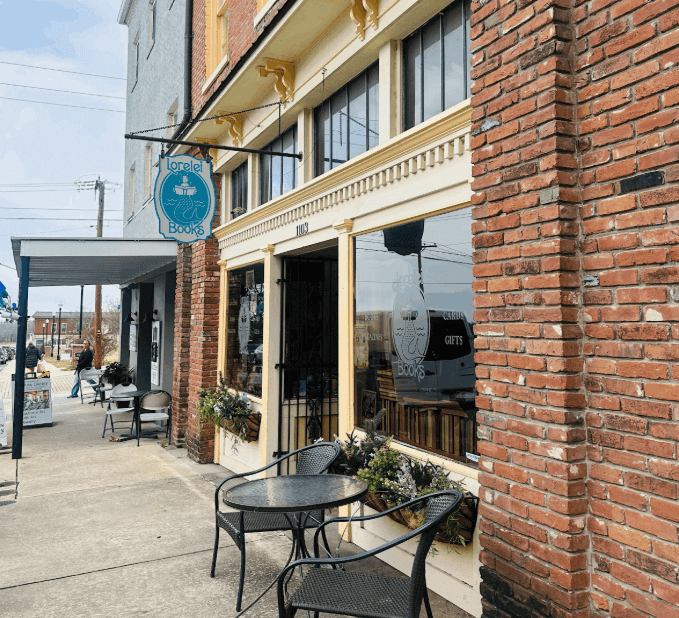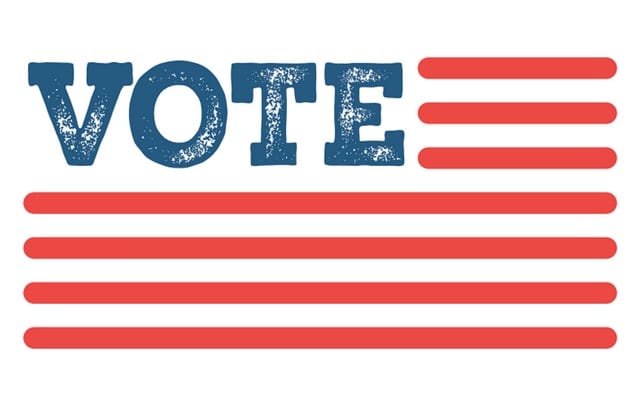
Mississippians are about to get a pretty definitive glimpse as to what sort of state it lives in.
These midterms offer a pretty fascinating range of candidates. Establishment Republicans, unabashed liberals, “unity” candidates, tractor driving candidates, black candidates, white candidates, male candidates, female candidates, pro-flag candidates, anti-flag candidates, Trump-lovers, Trump-haters, well financed candidates, broke candidates, first time candidates and political veterans are all on the menu. And from just about every corner of the state.
What happens nationally in control for the Senate and House may of course make what happens in Mississippi mean that much more as it’s highly likely that the last Senator to be officially elected will be from Mississippi in late November.
WHAT WE WILL BE WATCHING FOR
I think the first thing we will be looking for is obviously voter turnout.
After the electoral bloodbath in 2014, only 631,000 Mississippians voted in the general election (Cochran v. Childers was the top of that ticket). There was zero mystery as to what would happen in the general. All four congressional candidates were a lock and Childers ran a terrible campaign and barely mustered a fight against Cochran.
The Republican primary runoff between Cochran and McDaniel had 376,000 voters, with McDaniel garnering 185,000 of them.
In the 2010 midterms which featured no US Senate races but three contested congressional seats, 785,000 Mississippians voted. 2010 was a “wave” like election that got Alan Nunnelee and Steven Palazzo swept into office on the anti-Obama sentiment.
My original working hypothesis was that 725,000 Mississippians would vote on November 6 based on the relative lethargy of the primaries. After all, David Baria won his party’s statewide nomination with only 43,000 votes. However, based on the guidance from Delbert Hosemann’s office about absentee ballots, I think that number could drift as high as 775-800K votes.
Specific datapoints
SPECIAL SENATE ELECTION
For the special election, I’ll be first looking at McDaniel’s numbers in Rankin, Desoto, Jones and Lauderdale. With millions spent on his behalf and the anti-incumbent tide as high as it was in 2014, the question is – was the 2014 runoff of 185,000 voters his high water mark? Obviously, the national groups have not come to his aid in 2018. The president has endorsed his opponent. And Republicans in Mississippians aren’t nearly as mad as they were in 2014 when Obama was in the White House. His voters are highly motivated, but if he underperforms in any of those counties relative to his 2014 runoff numbers, he’ll have a really tough time being competitive.
For Espy, we will be looking to some counties like Hinds, Coahoma and Washington and comparing them to 2012 Obama number and 2016 Hillary Clinton numbers just to see in relative terms what sort of democratic base turnout looks like. The only other interesting thing is to see how first and fourth district Democrats will support Espy. Again, he’s never run statewide, and while the “political class” certainly knows who he is, and he certainly has notoriety as a lawyer in Jackson and the Delta, there are still lots of Mississippians that just don’t know that much about him. Plus, there won’t be a (D) by his name on the ballot.
For Hyde-Smith, in 2015, she garnered 433,000 votes statewide for Ag Commissioner (though largely uncontested), so we will have a pretty quick guide as on a county-by-county basis as to how she’s faring. I wouldn’t expect those numbers for her in a competitive special election, but that will be a baseline from which to compare. Another datapoint to hold up would be how Cochran did in similar counties in 2014. He got 370,000 votes statewide and my gut says that the distribution of her votes will follow his.
REGULAR SENATE ELECTION
There won’t be much mystery here except how wide the gap will be between Wicker and Baria. Baria gets a little bit of benefit by virtue of having another statewide competitive race on the ballot. But this one won’t be close. It will be Wicker by between 18+ points. Nate Silver at 538 has it more lopsided than that.
CONGRESSIONAL ELECTIONS
No surprises here. We typically re-elect our incumbents by 65-70%. Trent Kelly will likely roll. Bennie Thompson will most assuredly cross 70%. It’s highly likely that in the ruby-red 3rd District that heir-apparent to Gregg Harper, Michael Guest, could be elected with a 20 point+ victory. Steven Palazzo has a game but severely underfunded challenger in state Rep. Jeramey Anderson. This feels more like an audition for Anderson, but we will see how his numbers compare to past challengers after Tuesday.
JUDICIAL ELECTIONS
As always, these don’t get a lot of attention, but there are judicial elections across the state and they have enormous implications in governance.
One notable election is the 4th District Court of appeals race that features Hinds County Circuit Judge Jeff Weill and Jackson attorney David McCarty.
The @MSGOP gets active on the Court of Appeals race advocating for Judge Jeff Weill in his campaign against attorney David McCarty #mselex pic.twitter.com/Vp0amYkj4m
— Magnolia Tribune (@magnoliatribune) November 1, 2018
The elections are non-partisan on the ballot, but that’s usually a pretty thinly veiled ruse. But having the state GOP get involved in that race is certainly notable. Normally both parties are pretty measured about going headlong into judicial races.
GO VOTE
Of course all of this means nothing if you don’t go out and vote. Like you, I’ll be interested to see what the choices we make says about us. And don’t think there aren’t scores of 2019 candidates for next year’s statewide elections watching and learning from what will happen on Tuesday.



